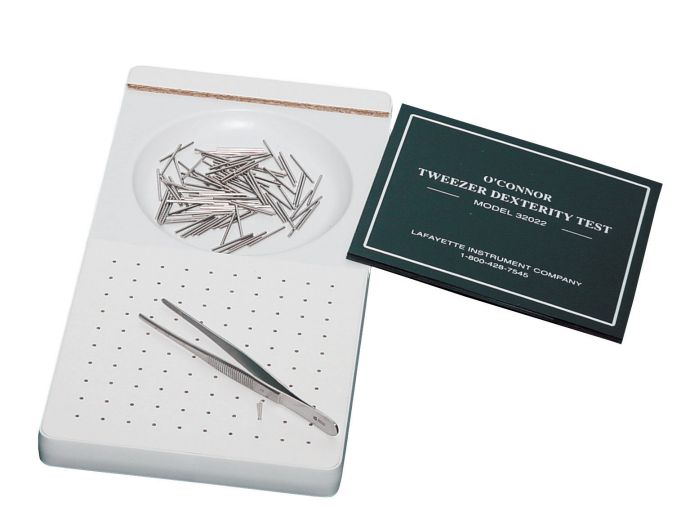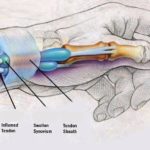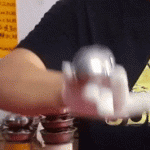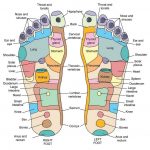Are you an future surgeon, dentist, or musician? Many careers like these require skillful manual dexterity, the ability to use your hands in a coordinated way to grab and manipulate objects and perform small precise movements.
As one example, the Dental Admissions Test (DAT) has a section that specifically tests manual dexterity because dentists must work on in a small area with precision. Fine hand-eye coordination is needed to keep patients safe. The American Dental Education Association explains that they test this to make sure people will enjoy doing this work for long hours and not get frustrated as dental school can be very expensive.
While dentistry is an obvious career that needs good manual dexterity, there are many other careers that manual dexterity is important. Just some of these jobs were listed as needing manual dexterity:
- Millwrights
- Surgeons
- Sewers
- Explosive Workers
- Heavy Equipment Mechanics
- Musical Instrument Repairers and Tuners
- Iron and Steel Workers
- Upholsterers
- Automotive Specialty Technicians
- Massage Therapists
- Electrical Installers
- Jewelers
- Robot Technicians
- Plumbers
- Farm Equipment Mechanics
- Patternmakers
- Home Installers
- Oral Surgeons
- Dentists
- Aircraft Mechanics
- Motorcycle Mechanics
- Cabinetmakers
- Hairdressers
- Tree Trimmers
- Cement Masons
- Tire Changers
- Construction Workers
- Carpenters
Building manual dexterity can have a positive effect on your job. Manual dexterity is important for many jobs we often don’t realize. In one case of a previous customer, the large oil company ConocoPhillips needed many baoding balls to train dexterity for their workers in Alaska.

Using baoding balls is just one way to build and improve dexterity. Other ways to refine manual dexterity are activities such as drawing, painting, woodcarving, jewelry making, knitting, cross-stitching, and playing an instrument. By doing these things, you can advance your skills in your career and enjoy what you do for a living for many years to come.
































